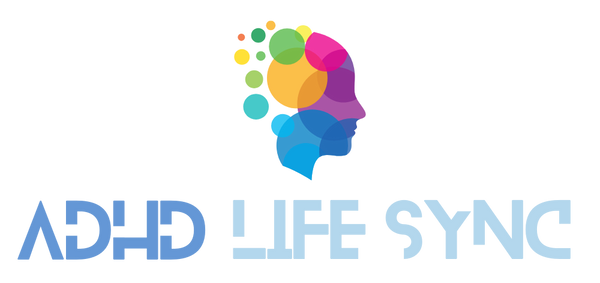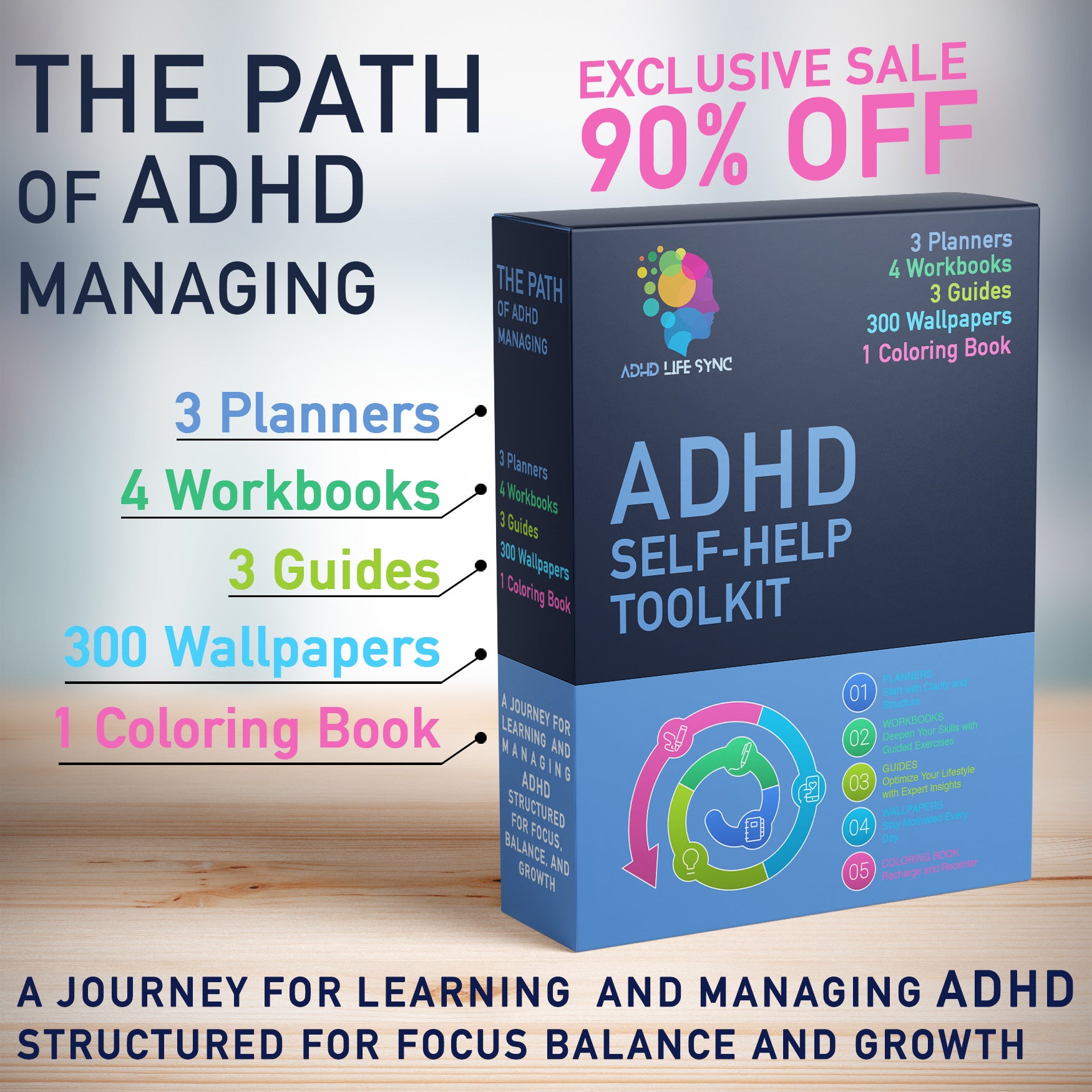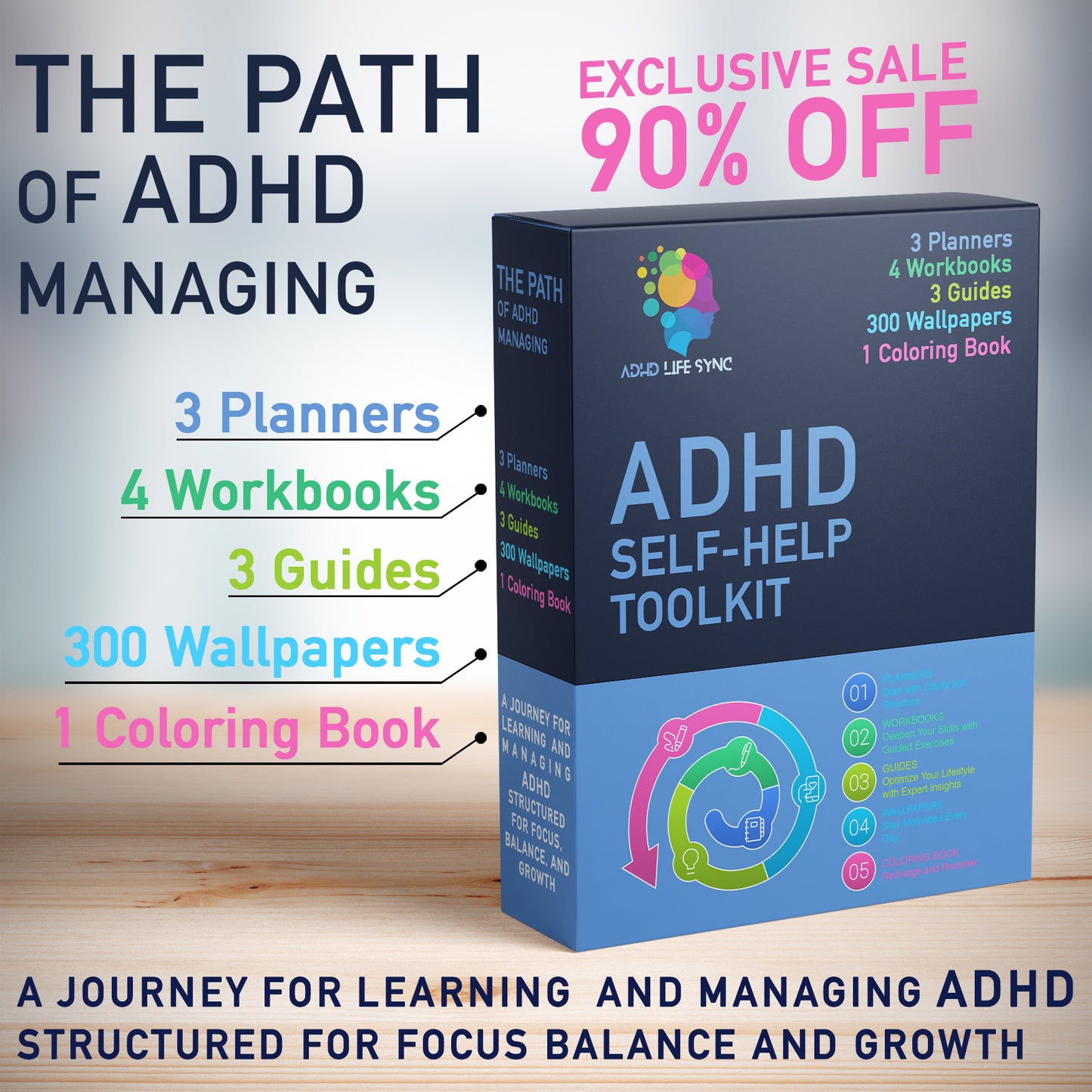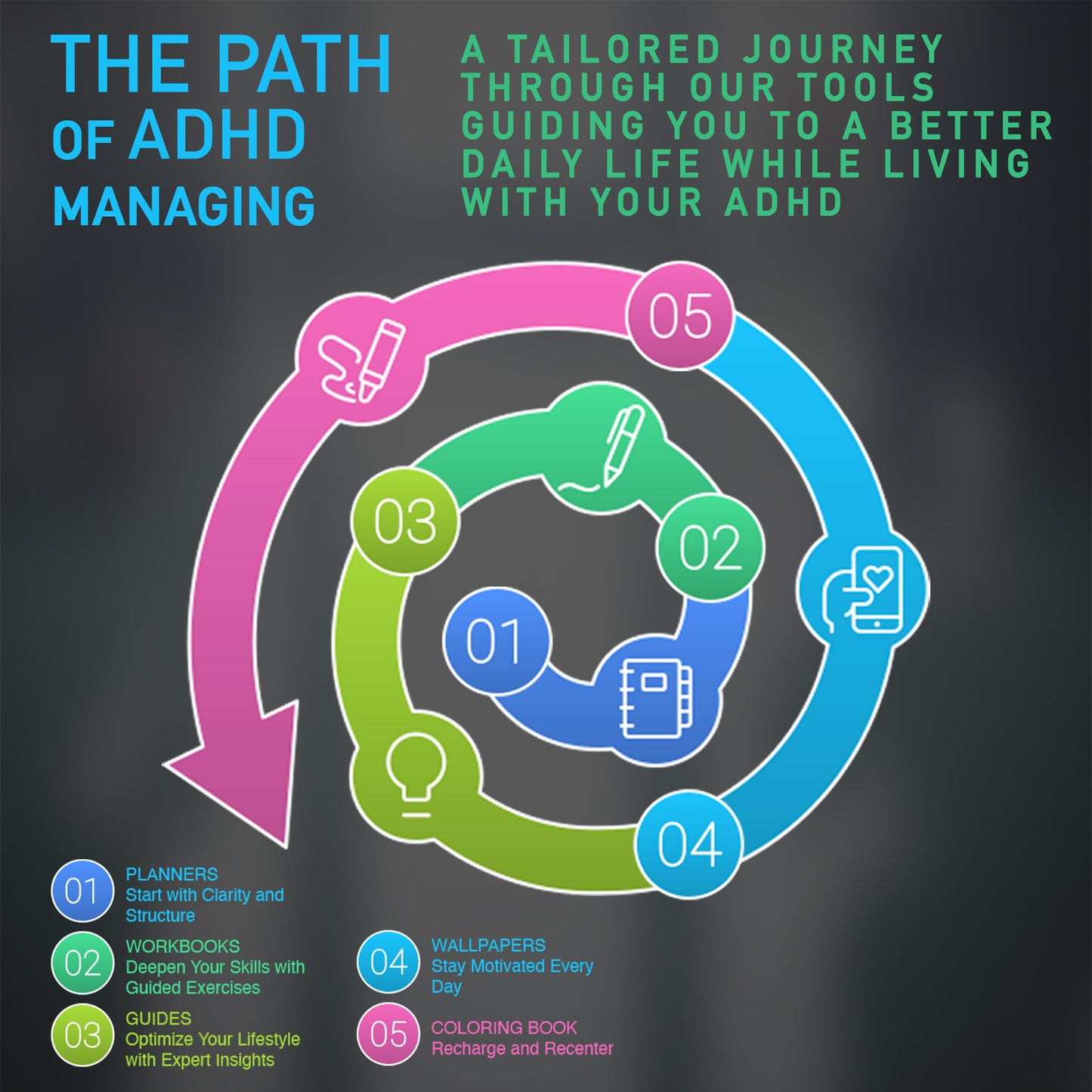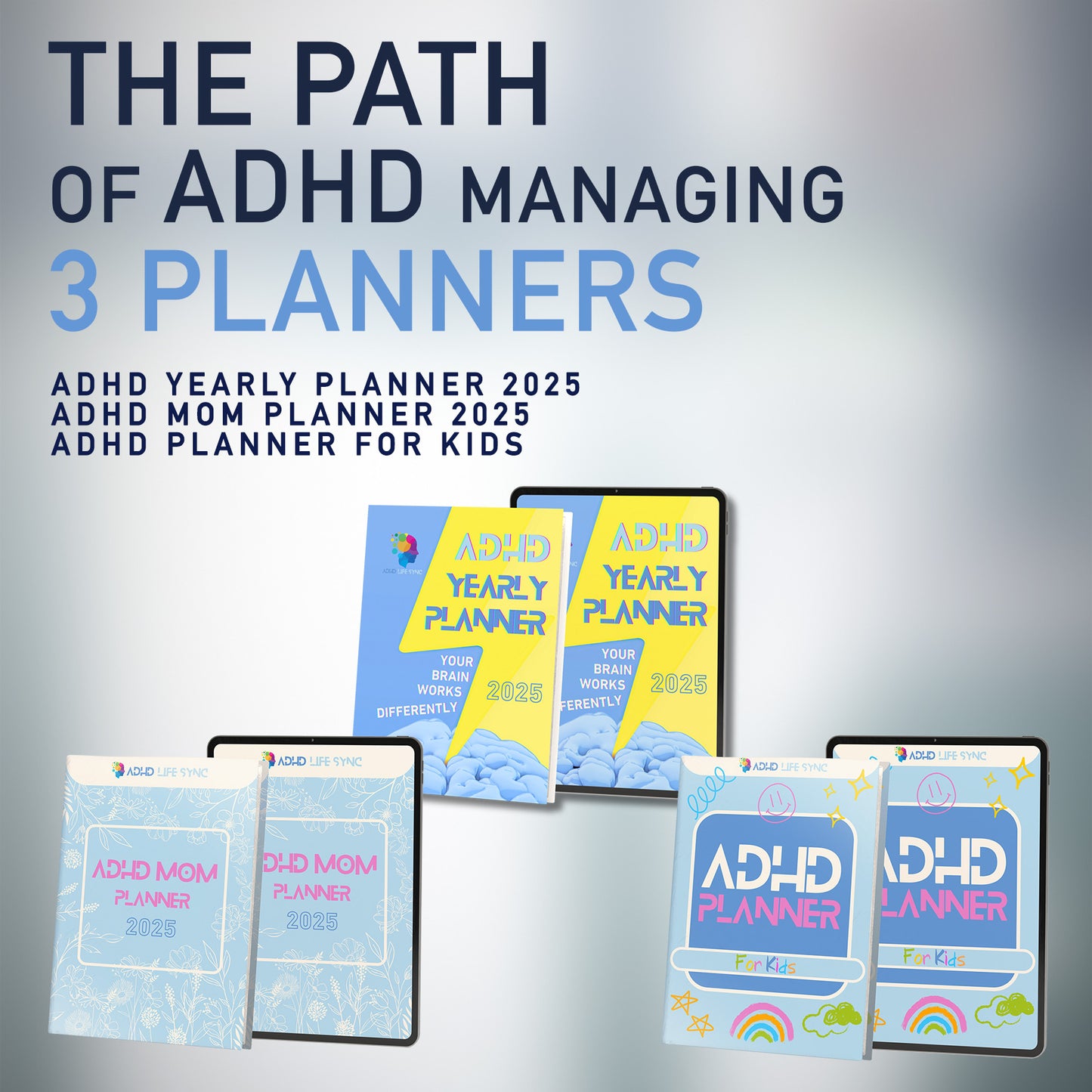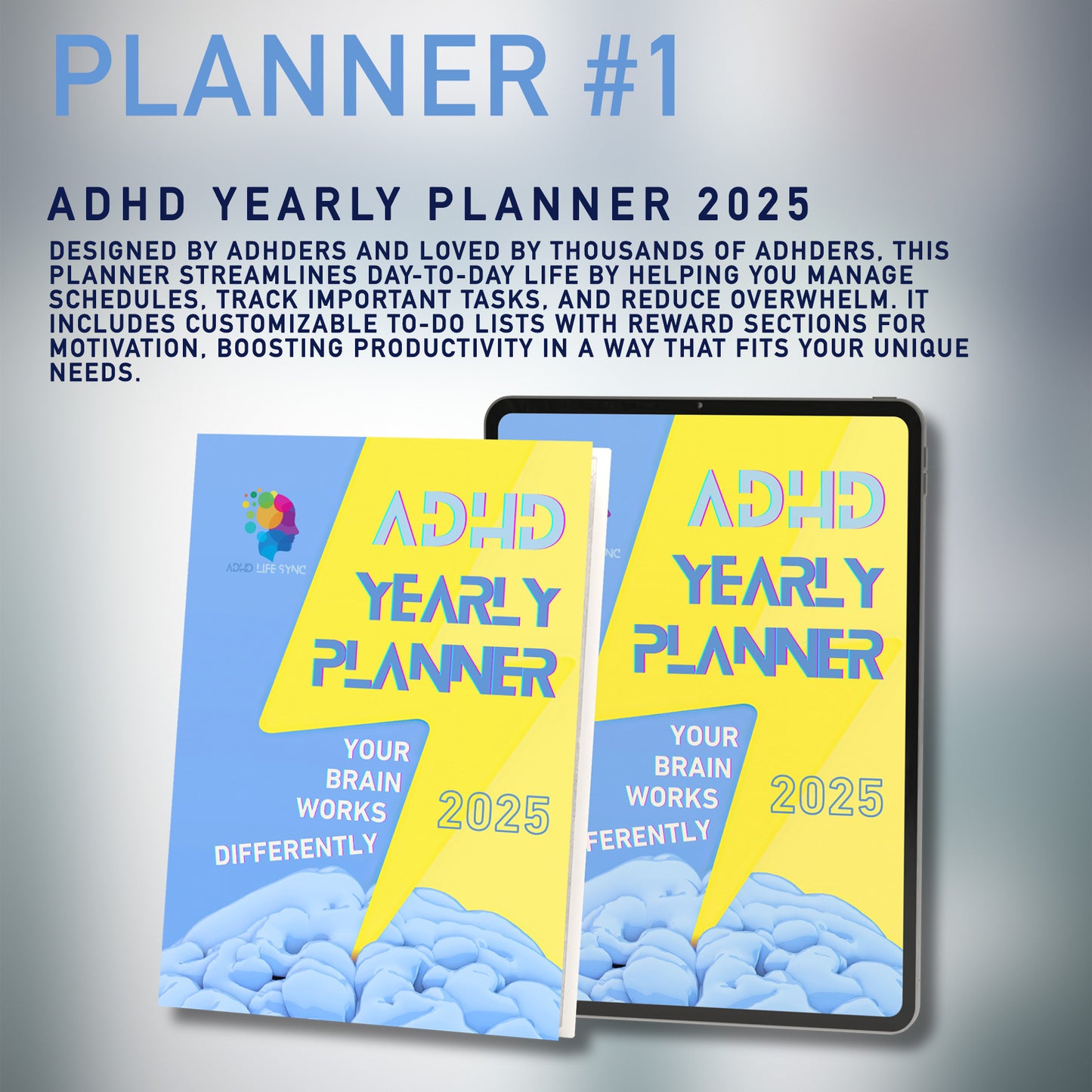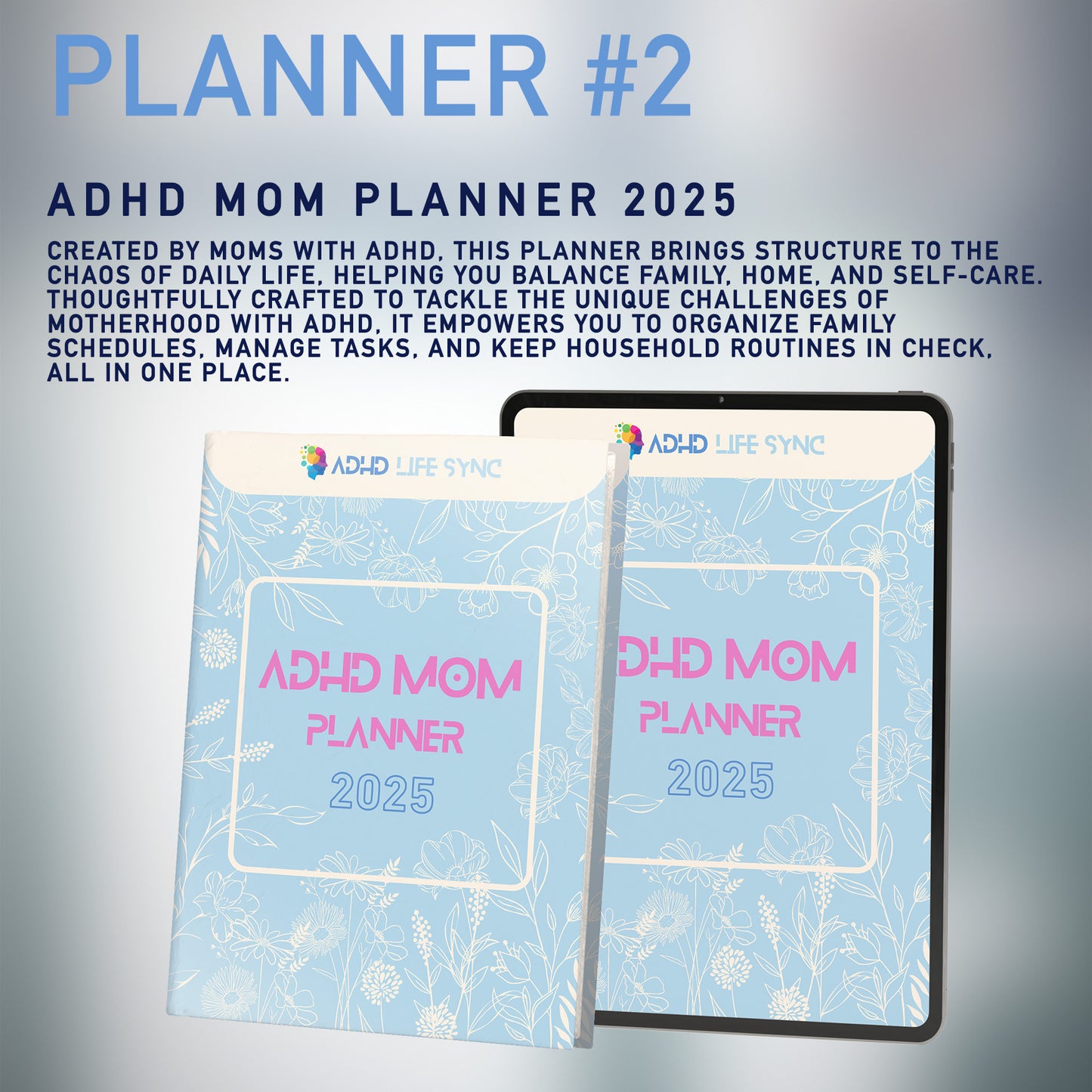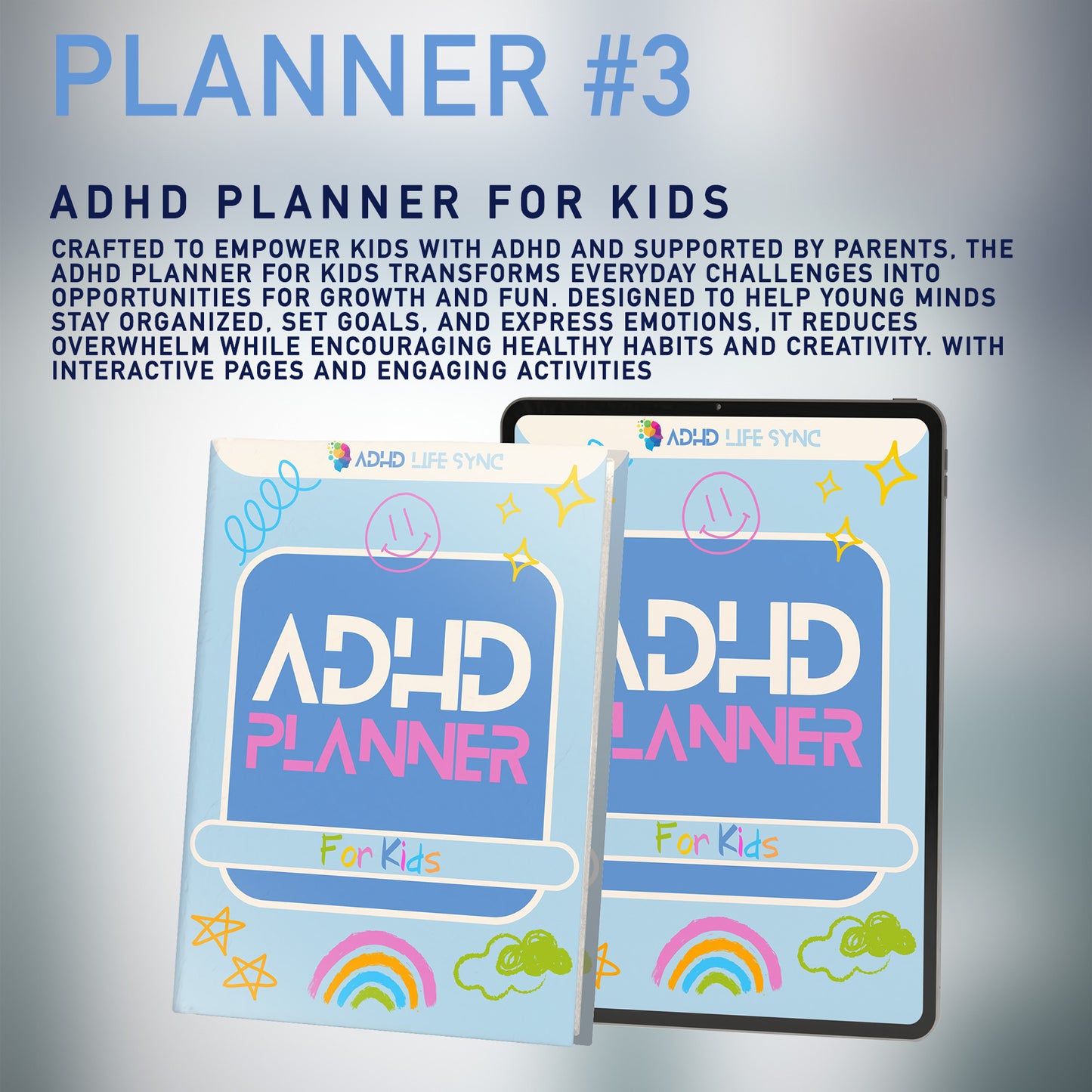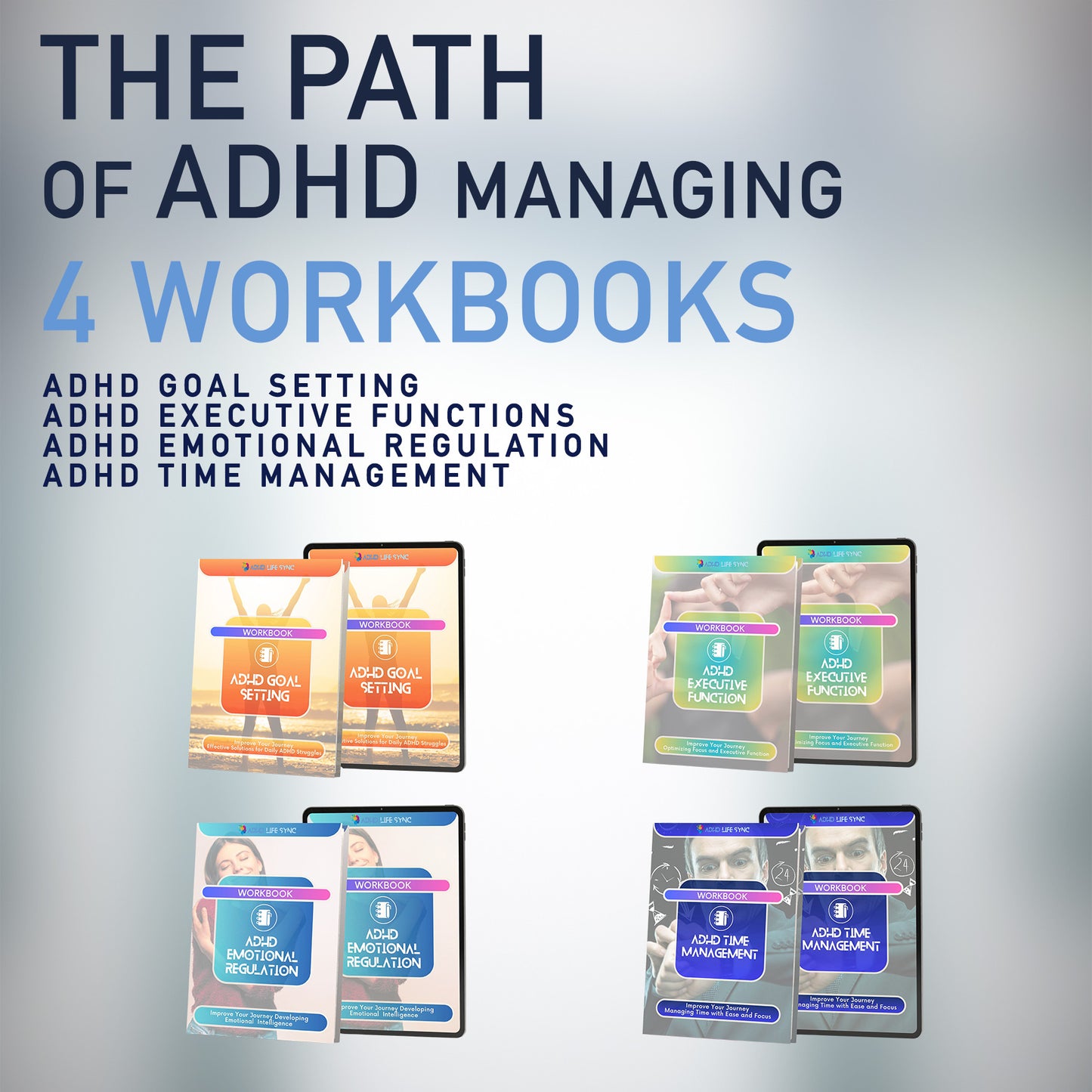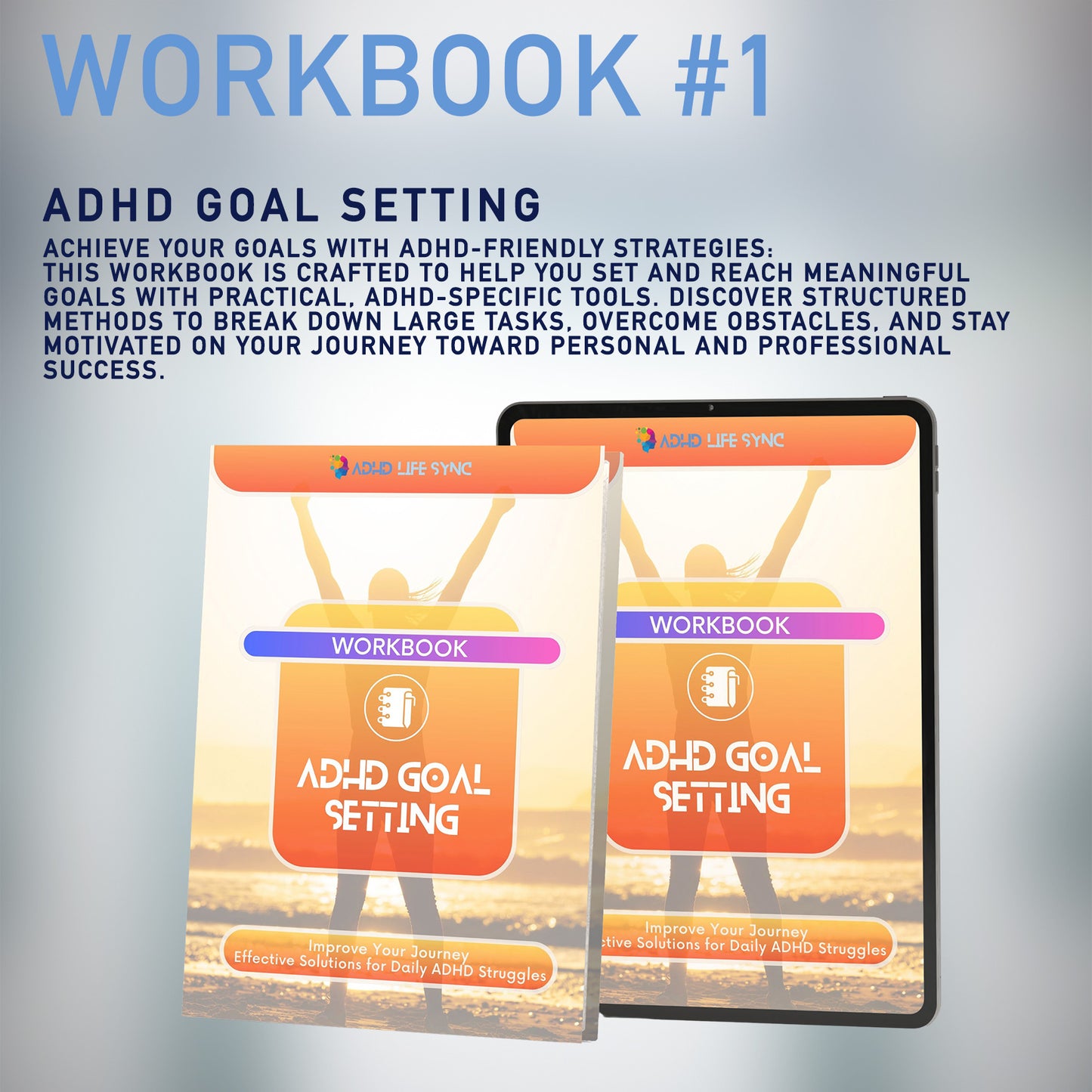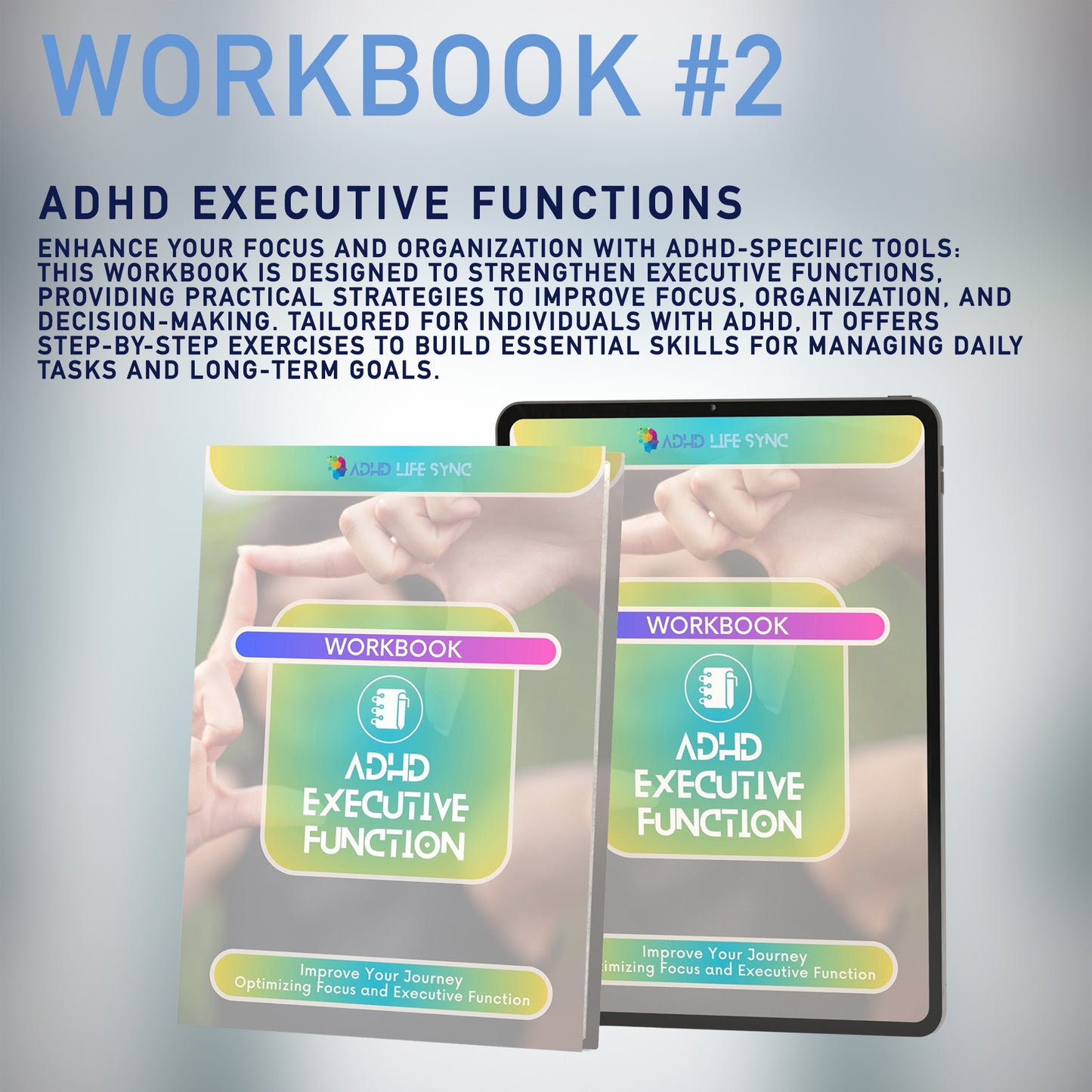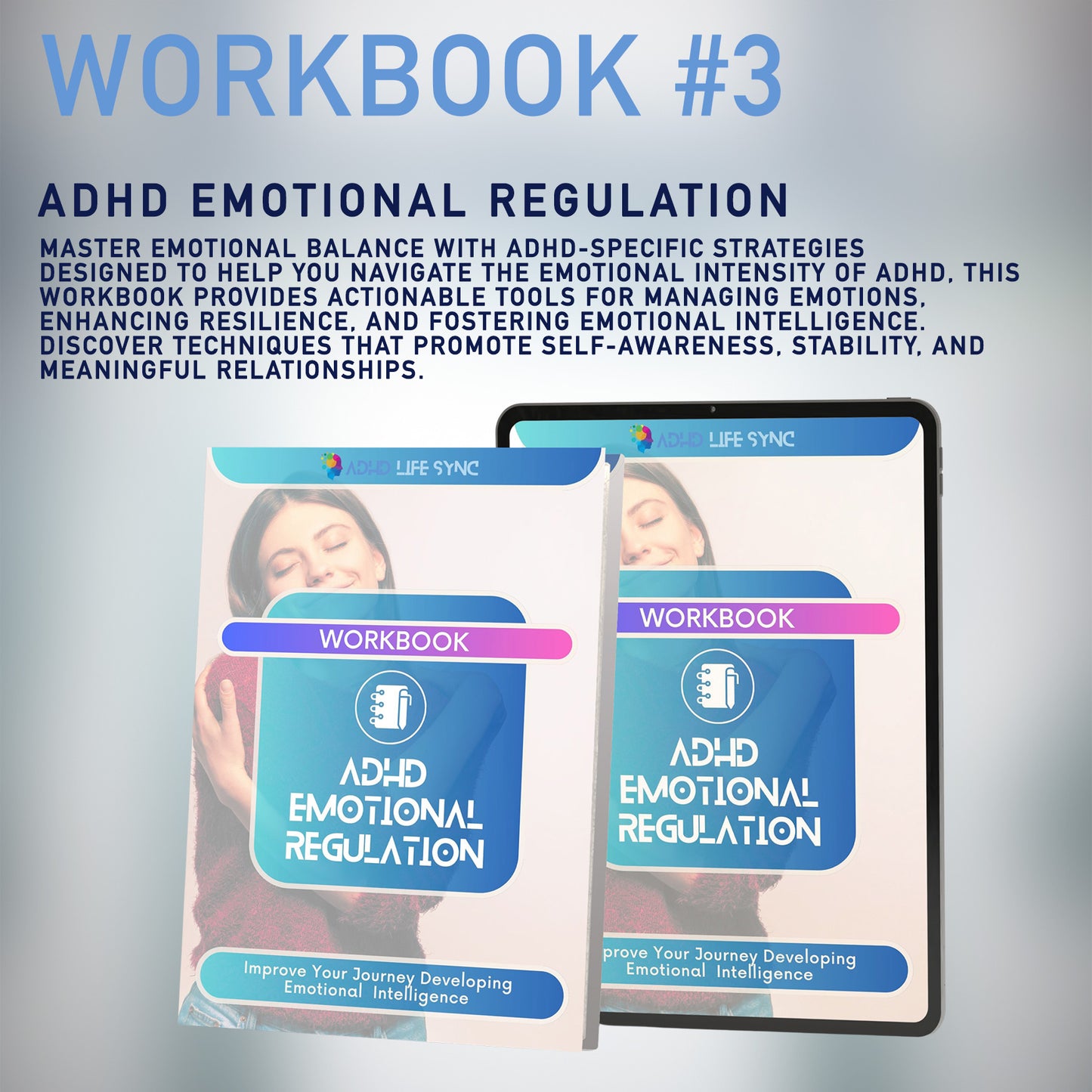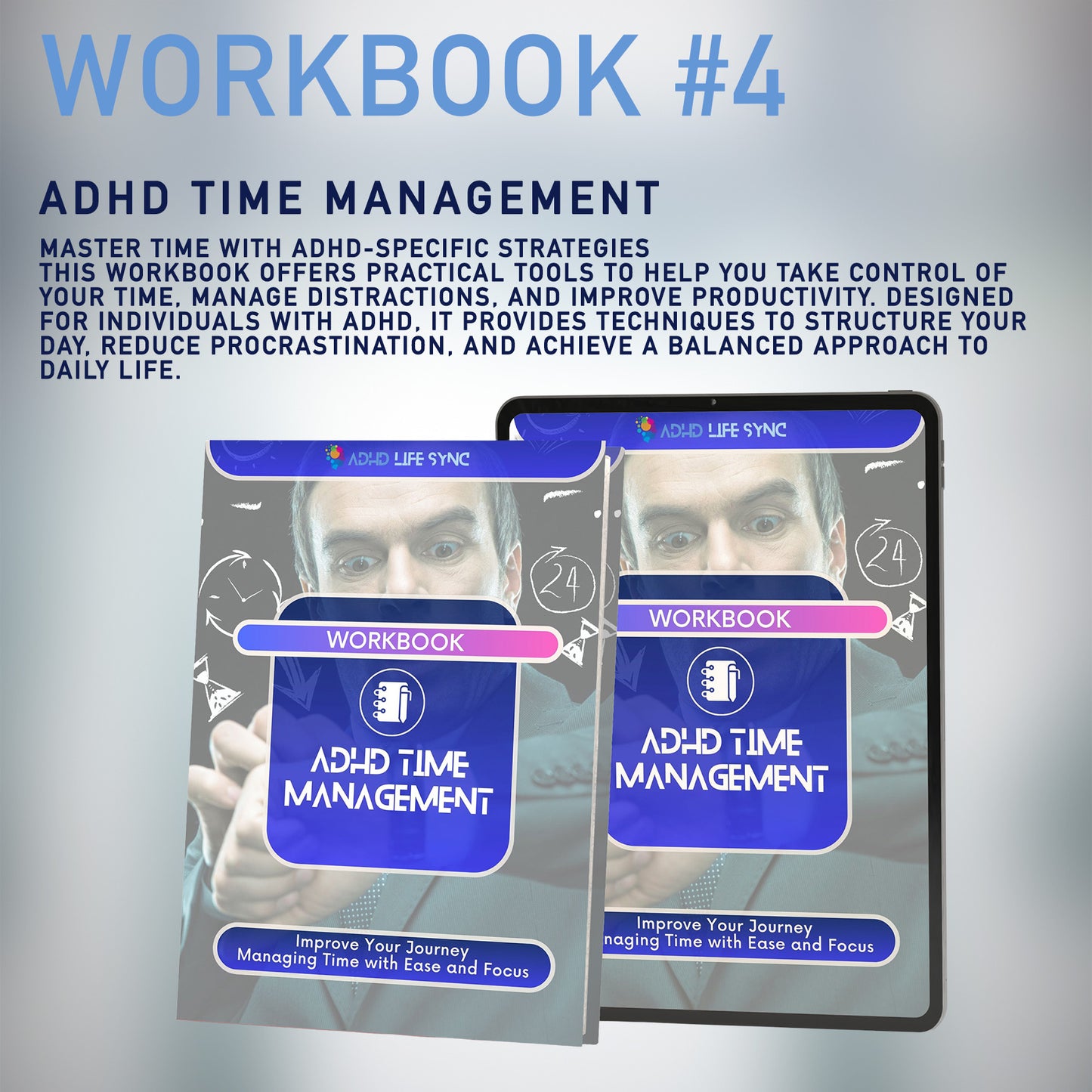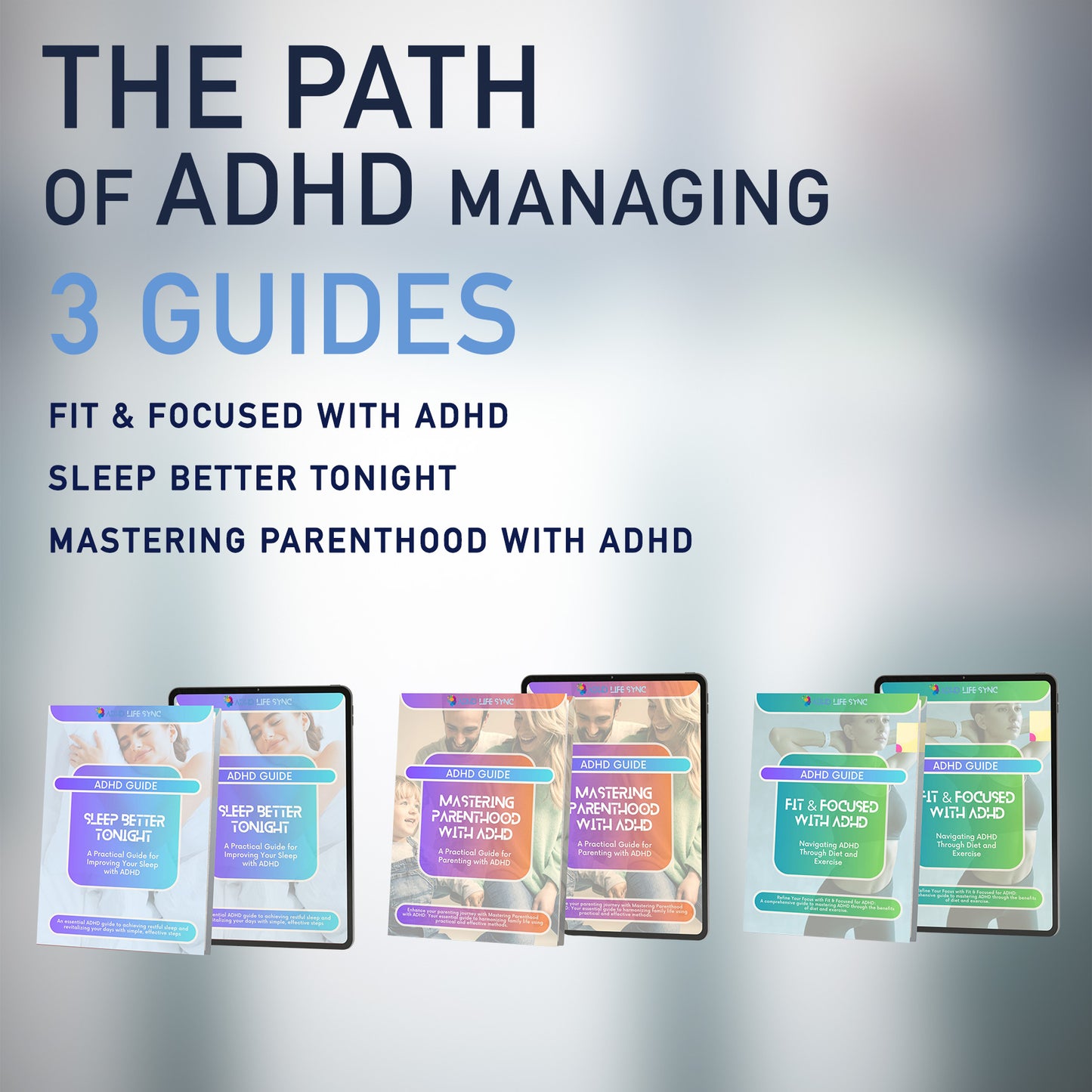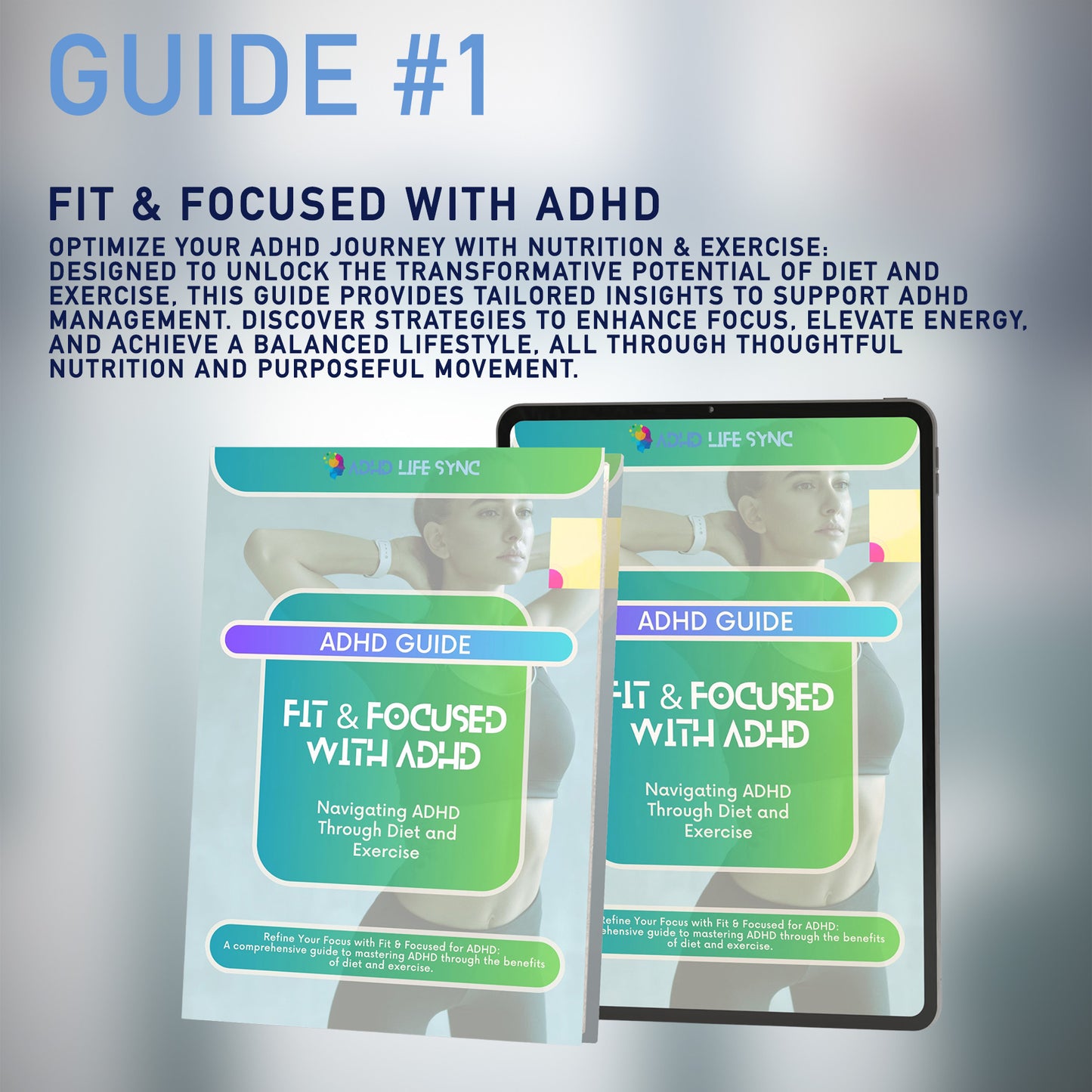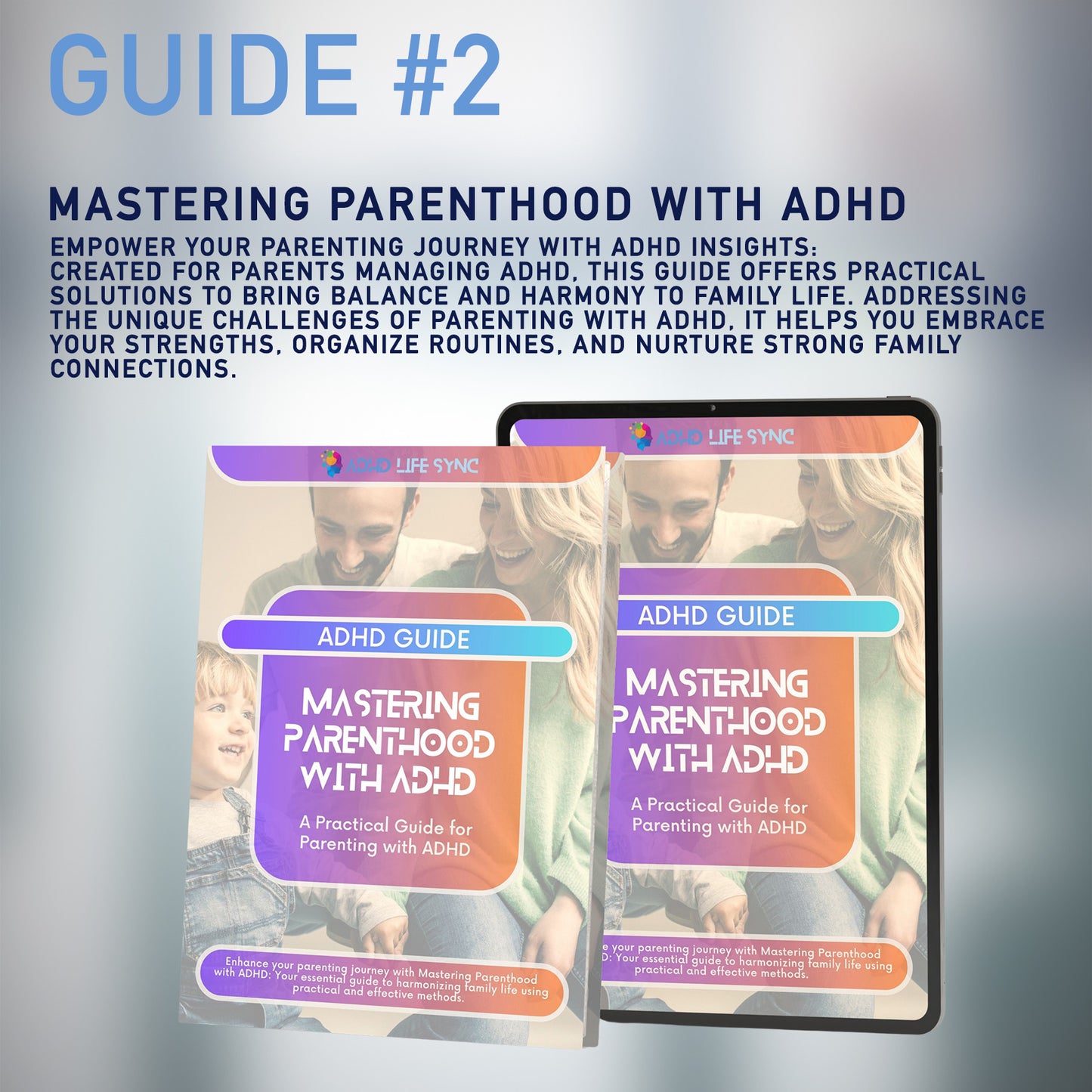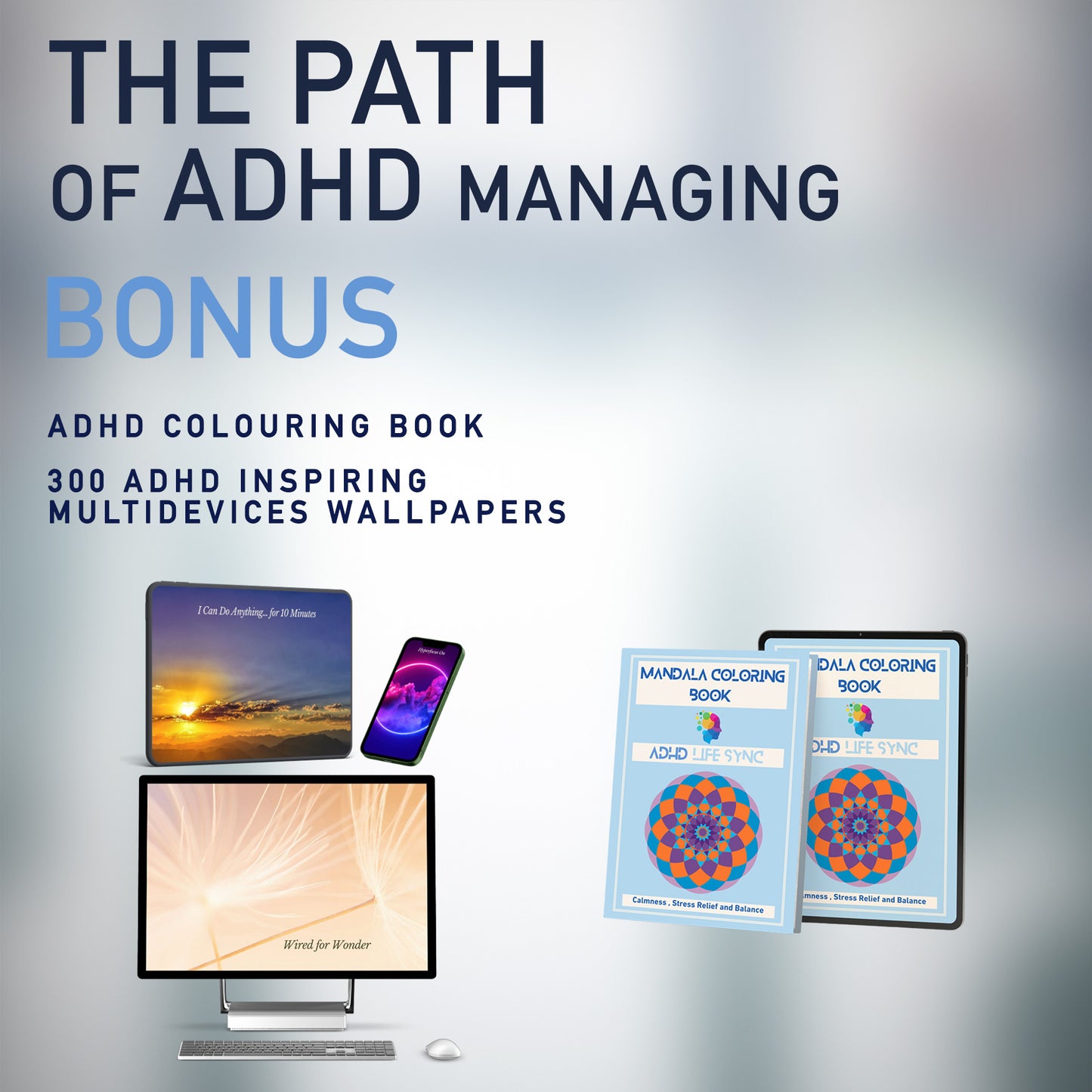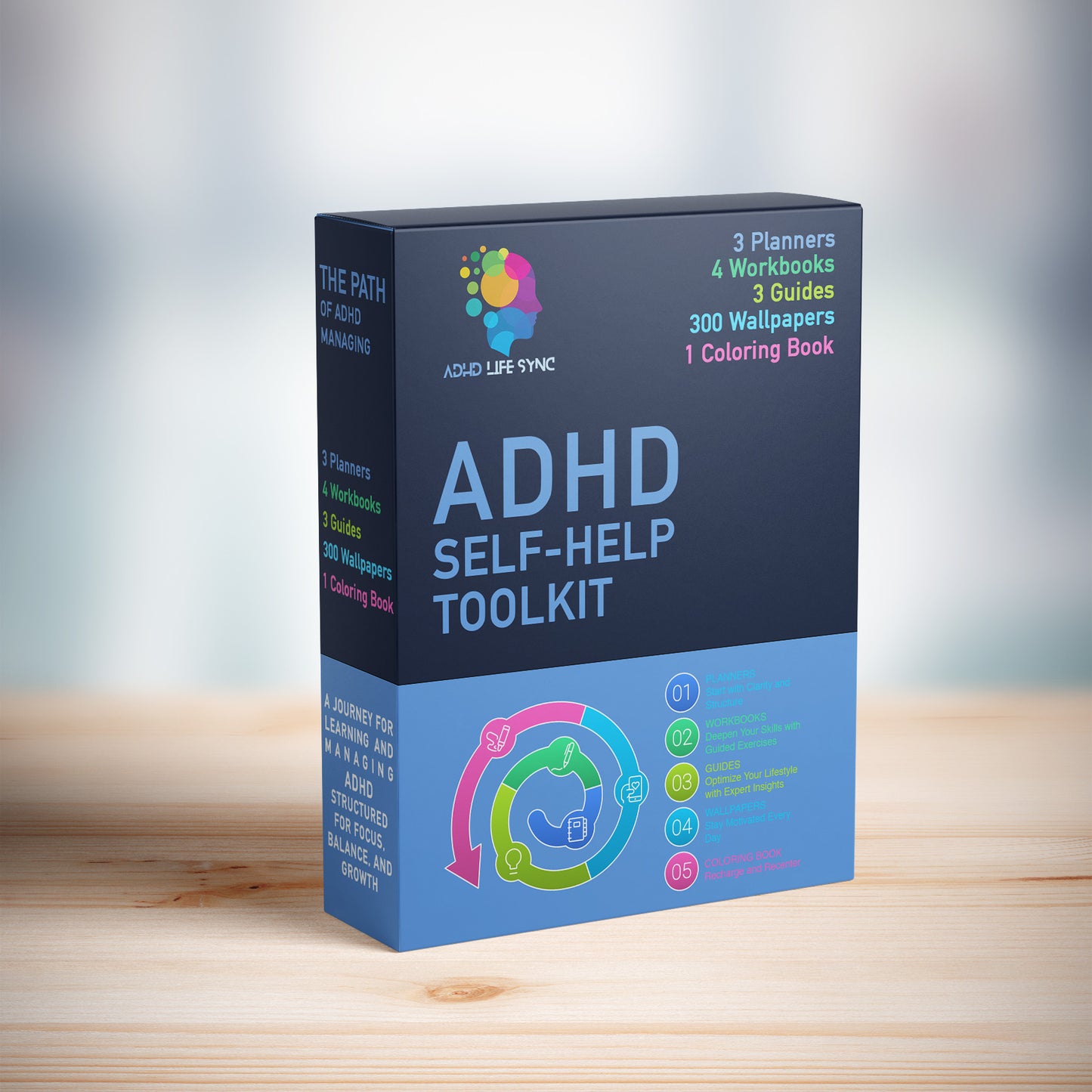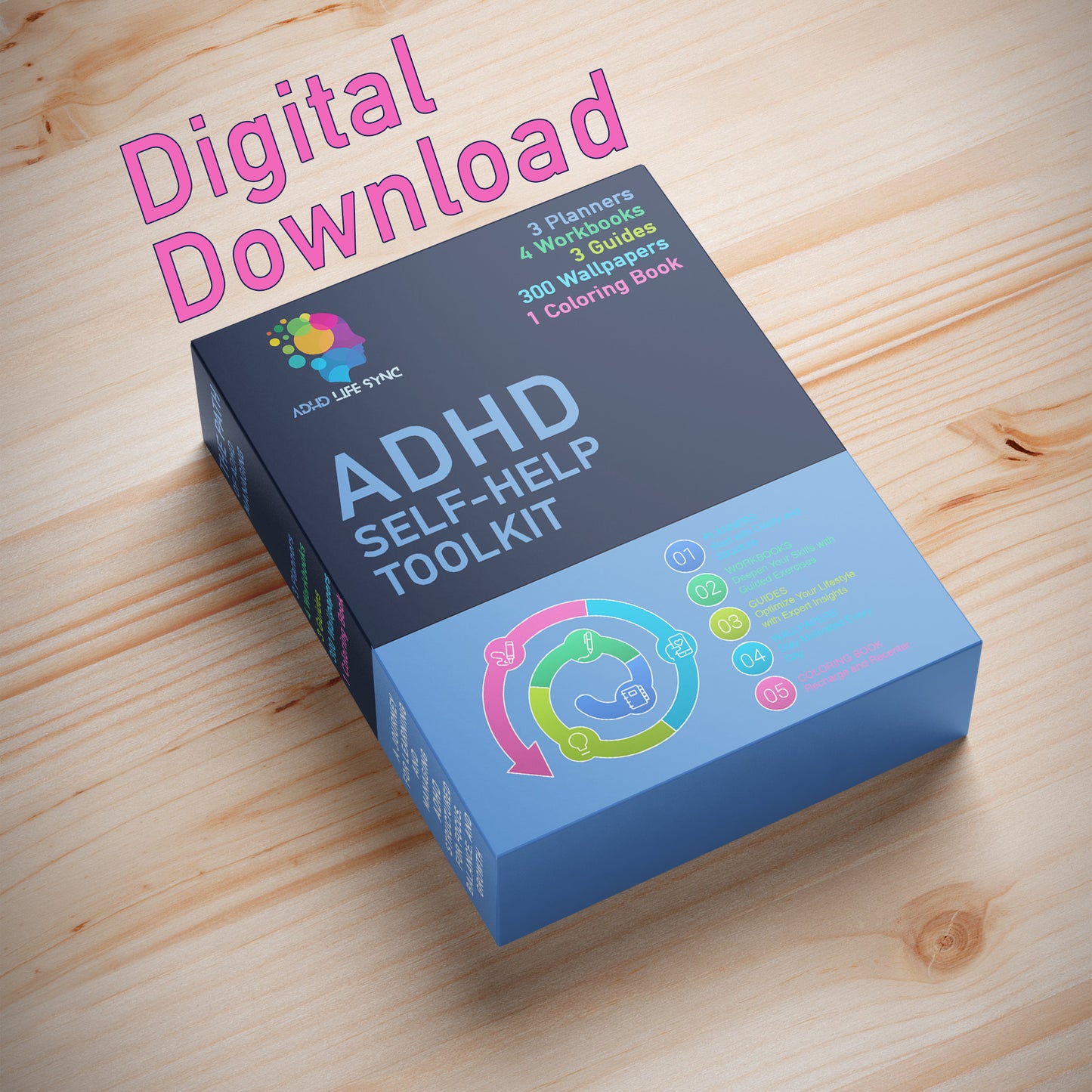
Understanding Complex ADHD: Oppositional Defiant Disorder (ODD) as a Comorbidity
Oppositional Defiant Disorder (ODD) is frequently observed in children and adults with ADHD. Characterized by hostile, irritable, and contrary behavior, ODD can significantly complicate the management of ADHD.
Characteristics of ODD in ADHD:
- Challenging behavior, disobedience, and a tendency to argue frequently with authority figures.
- Irritability and frequent frustration in daily situations, which can be exacerbated by ADHD.
Impact on ADHD:
- The coexistence of ODD with ADHD can intensify behavioral problems and complicate family and school dynamics.
- Managing ODD requires specific strategies that consider both disorders to improve social interactions and academic performance.
Management Strategies:
- Behavioral interventions are crucial, including cognitive-behavioral therapy, behavioral coaching for parents and teachers, and, in some cases, pharmacotherapy.
- Consistent psychological support for the child and their family is essential to develop effective coping skills and improve communication.
Importance of Integrated Understanding:
- Understanding how ODD interacts with ADHD allows for the development of a more effective treatment plan and aims for a better quality of life for the patient and their family.
